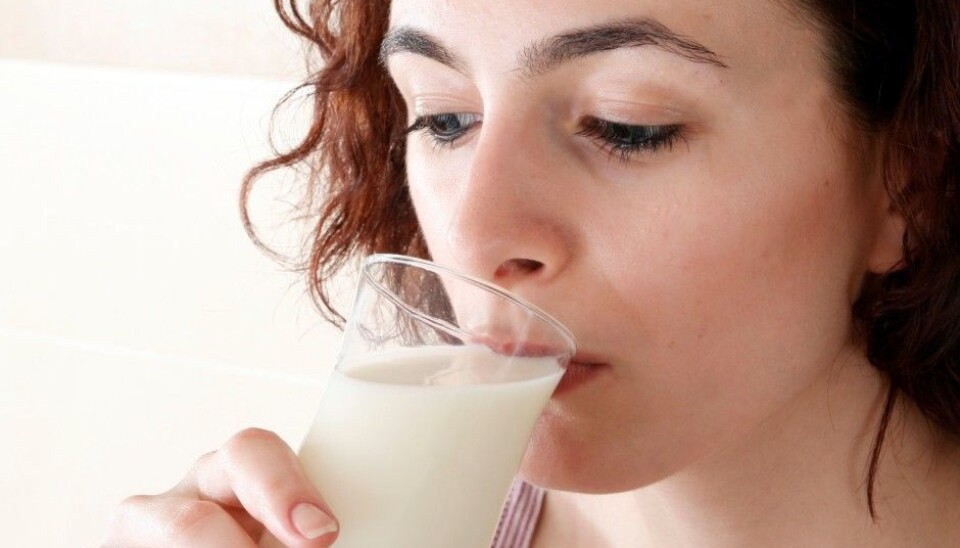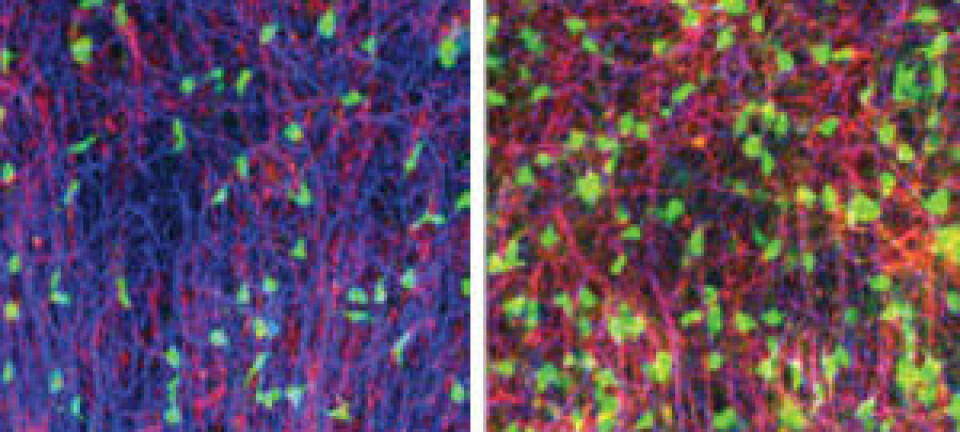
Lactose intolerance lowers cancer risks
People with lactose intolerance run a lower risk of several types of cancer. A Swedish researcher attributes this benefit to their diets.
Are you allergic to milk or other dairy products? If new research from Lund University in Sweden is to be believed, your allergies might help you avoid breast, lung or ovarian cancers.
“People who are lactose intolerant, who ordinarily drink little milk or eat other dairy products, have a reduced risk of lung, breast and ovarian cancer,” says Jianguang Ji in a press release. He is a researcher at Lund University and participated in the study.
Ji and his colleagues suggest that this benefit can come from avoiding milk and other dairy products.
Large study of the population
The researchers carried out an epidemiological study in which they compared a healthy group of people with a group of patients.

They found people who had primary lactose intolerance, which is the most common form of the malady, and linked them with information from Sweden’s various health registers.
When they reach adulthood, people with primary lactose intolerance lack an enzyme in the bowels that digests the milk sugar called lactose.
The scientists found a lower prevalence of lung, breast and ovarian cancers among 22,788 people who were lactose intolerant compared to the general population. Lactose intolerant people run a lower risk of these types of cancer .
They also found that siblings and parents of lactose intolerant people had no such reduction in their cancer risks. They were as likely to contract these cancers as the rest of the population.
Lactose intolerant people usually maintain diets with little lactose, so the scientists think they are benefiting from their diets somehow.
“But it would be wrong to conclude that milk is a risk factor for these types of cancer,” asserts Ji.
No explanation
Ludvig M. Sollied, a professor at the University of Oslo’s Centre for Immune Regulation, agrees that the Swedish scientists are right in being cautious. He thinks we should avoid jumping to conclusions regarding cause-and-effect in this case.
“They have observed that lactose intolerant people run a lower a risk of these cancers. But that does not mean they can come to a conclusion about the reason behind this observation,” he says.
“Nor can they rule out that there’s a genetic factor.”
He points out that the cause of primary lactose intolerance is genetic. But parents and siblings of a person who has this intolerance in Sweden will often be able to digest lactose. According to Sollid, even though the researchers didn’t find the same low risks of these cancers in the immediate families of the lactose intolerant subjects, the effect of genes could still be at play.
“This is an intriguing observation by these researchers. But the results of the study do not have any practical consequences for our daily lives.”
----------
Read the Norwegian version of this article at forskning.no
Translated by: Glenn Ostling








